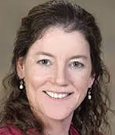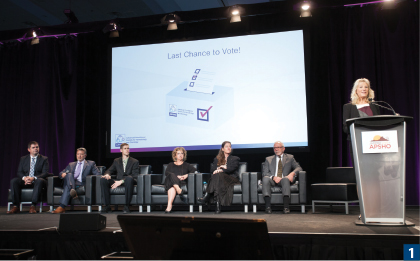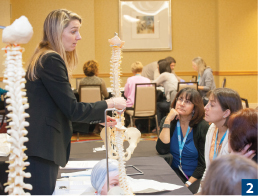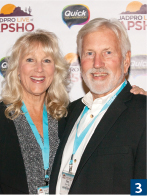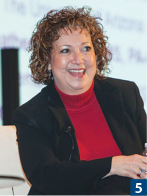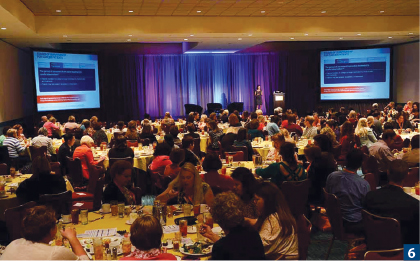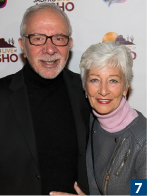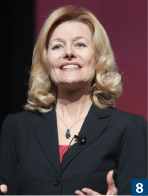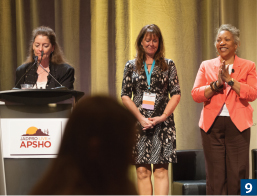Over 700 nurse practitioners, physician assistants, pharmacists, clinical nurse specialists, and other oncology health-care professionals were convened in Phoenix, Arizona, earlier this month to participate in JADPRO Live at APSHO (Advanced Practitioner Society in Hematology and Oncology), the third annual such conference focusing on the unique educational and professional needs of the advanced practitioner in hematology and oncology.
First launched in 2014 as a live meeting version of the Journal of the Advanced Practitioner in Oncology (JADPRO), participation has more than doubled from the first event, reinforcing the need for specialized education for advanced practitioners who care for patients with cancer.
“Advanced practitioners in oncology are highly educated and skilled practitioners, including nurse practitioners, physician assistants, pharmacists and nurses with advanced degrees who, together with oncologists and hematologists, provide complex care to cancer patients. In most states, advanced practitioners can independently prescribe cancer therapeutics and supportive care medications. These professionals perform a number of procedures necessary for diagnosis and treatment of cancer patients, manage dose modifications, side effects of treatments, and provide patient education—all areas key to providing high-quality cancer care,” according to Sandra E. Kurtin, RN, MS, AOCN®, ANP-C, Co-Chair of the APSHO Education Committee.
Certification for Five Types of Continuing Education Credit
Conference participants received access to 20 sessions across the 4 days from November 5 to 8. Preconference workshops included a hands-on procedural skills session that reinforces how to perform a bone marrow biopsy, a primer on immunotherapy in oncology, and managing common comorbidities in cancer patients.
This year’s educational activity was certified for five different types of continuing education credit/contact hours to allow learners to meet various licensure requirements: ACCME (Accreditation Council for Continuing Medical Education), ANCC (American Nurses Credentialing Center Commission on Accreditation), ACPE (Accreditation Council for Pharmacy Education), AANP (American Association of Nurse Practitioners), and AAPA (American Academy of Physician Assistants).
“APSHO and JADPRO provide the resources we need to support the advanced practitioner audience and to provide a level of educational opportunities targeted to stimulate and add to our clinical and practical knowledge base,” explained Pamela Hallquist Viale, RN, MS, CNS, ANP, Editor-in-Chief of JADPRO and a Founding Board Member of APSHO. “Our educational offerings focus on the collaborative practice model.”
Watch future issues of The ASCO Post for news reports from JADPRO Live at APSHO, or visit www.APSHO.org. ■


